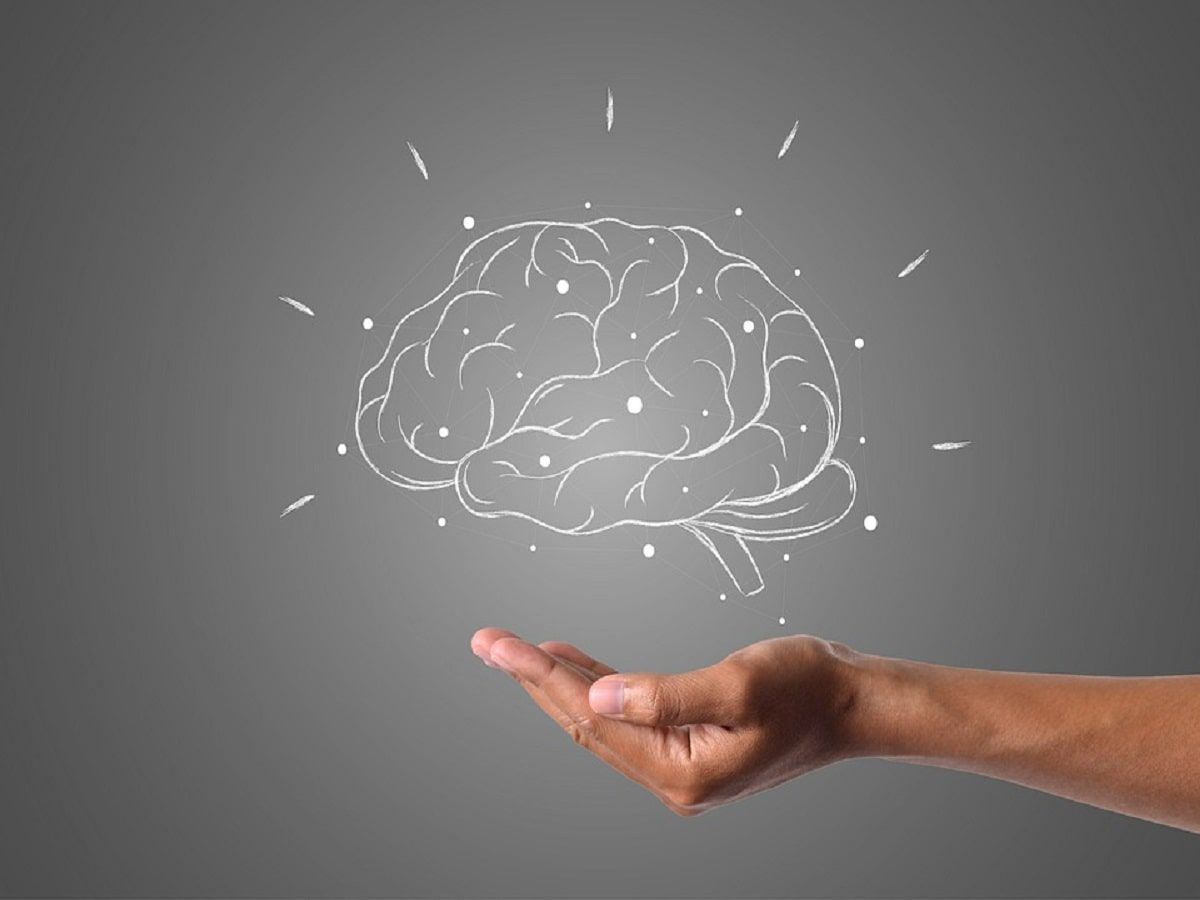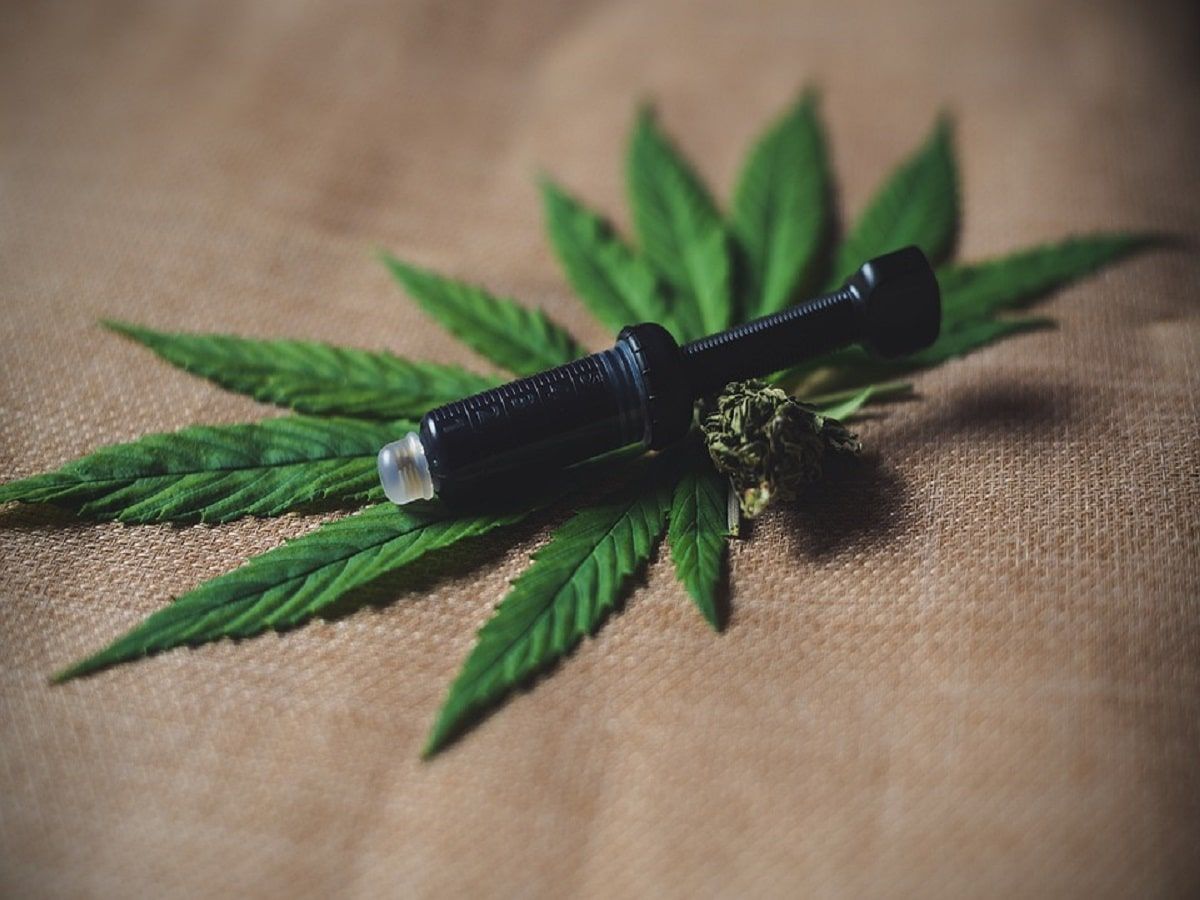
Cannabis-Induced Psychosis Is Rare Without Pre-Existing Conditions Per Meta-Analysis

Cannabis-Induced Psychosis Is Rare Without Pre-Existing Conditions Per Meta-Analysis
One of the most common talking points for cannabis opponents is that ‘cannabis is bad for human brains.’ Many older cannabis observers will attest that this talking point is as old as cannabis prohibition itself.
Such cannabis opponents will cherry-pick public mental health data and present it out of context to try to ‘prove’ their point. Unfortunately for them, and fortunately for compassion and logical reasoning, proper scientific research demonstrates that cannabis opponents are wrong.
A team of researchers in Switzerland recently conducted a meta-analysis regarding psychosis and cannabis use, controlling for pre-existing mental health conditions. Below is more information about the methodology and results of the analysis via a news release from NORML:
Lausanne, Switzerland: Cannabis consumption rarely triggers episodes of acute psychosis in those who do not have a pre-existing psychiatric disorder, according to the results of a meta-analysis published in the journal Nature: Mental Health.
An international team of researchers from Switzerland and the United Kingdom reviewed the relationship between marijuana use and cannabis-associated psychotic symptoms (CAPS) in 162 studies involving over 210,000 cannabis consumers.
Researchers reported that the risk of psychosis “appears most amplified in vulnerable individuals,” particularly those with “pre-existing mental health problems” such as bipolar disorder. By contrast, they acknowledged, “[N]either young age of onset of cannabis use nor high-frequency use of cannabis or the preferred type of cannabis (strains high in THC, strains high in CBD) was associated with CAPS.”
Overall, they estimated that 0.5 percent of those who consume cannabis may experience a psychotic episode during their lifetime. That percentage mirrors estimates published in a prior study involving 233,000 European marijuana consumers. The authors of that study concluded, “Rates of CAPS as observed here are comparable to rates of other drug-induced psychosis, such as alcohol-associated psychosis (around 0.4 – 0.7 percent).”
The studies’ findings push back against claims that marijuana exposure is a frequent trigger for psychosis and other mental health disorders.
Full text of the study, “Assessing rates and predictors of cannabis-associated psychotic symptoms across observational, experimental, and medical research. Additional information on cannabis and mental health is available from NORML’s white paper, ‘Cannabis, Mental Health, and Context: The Case for Regulation.’
Share article
Ticket Prices increase
Today

Ticket Prices increase
Today

Ticket Prices increase
Today
Join Our Awesome Community
Join Our Awesome Community
Join Our Awesome
Community
Get all the latest industry news
delivered to your inbox







